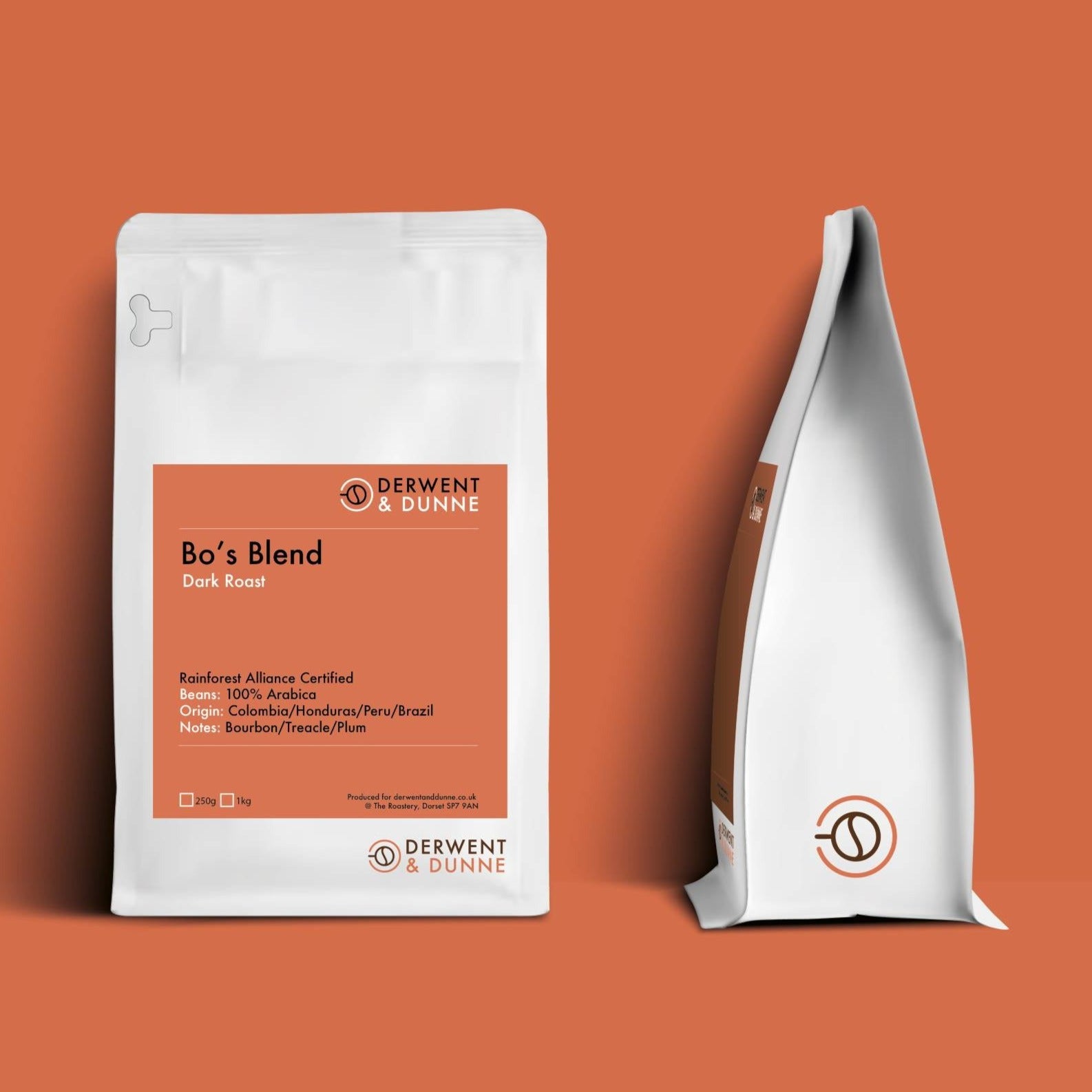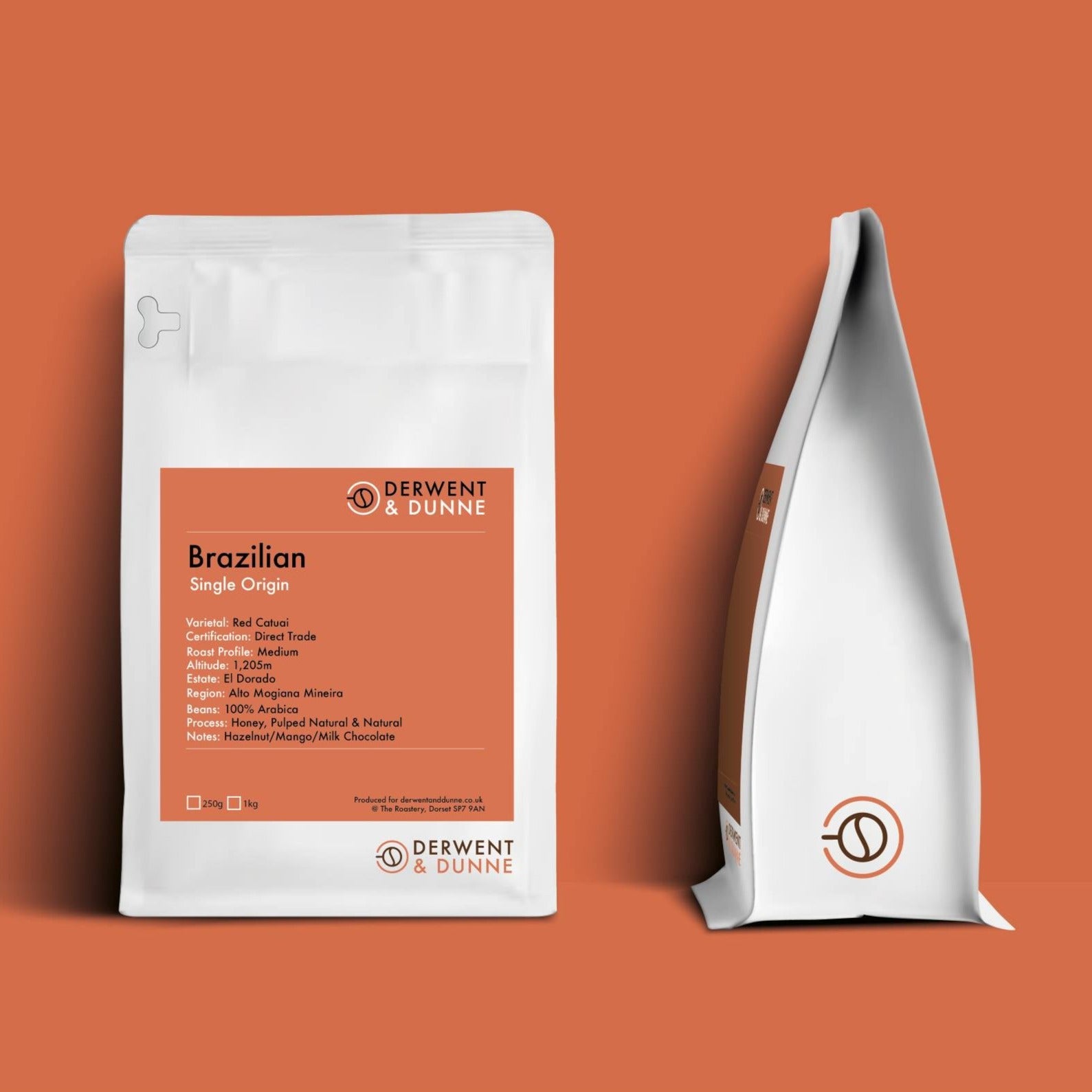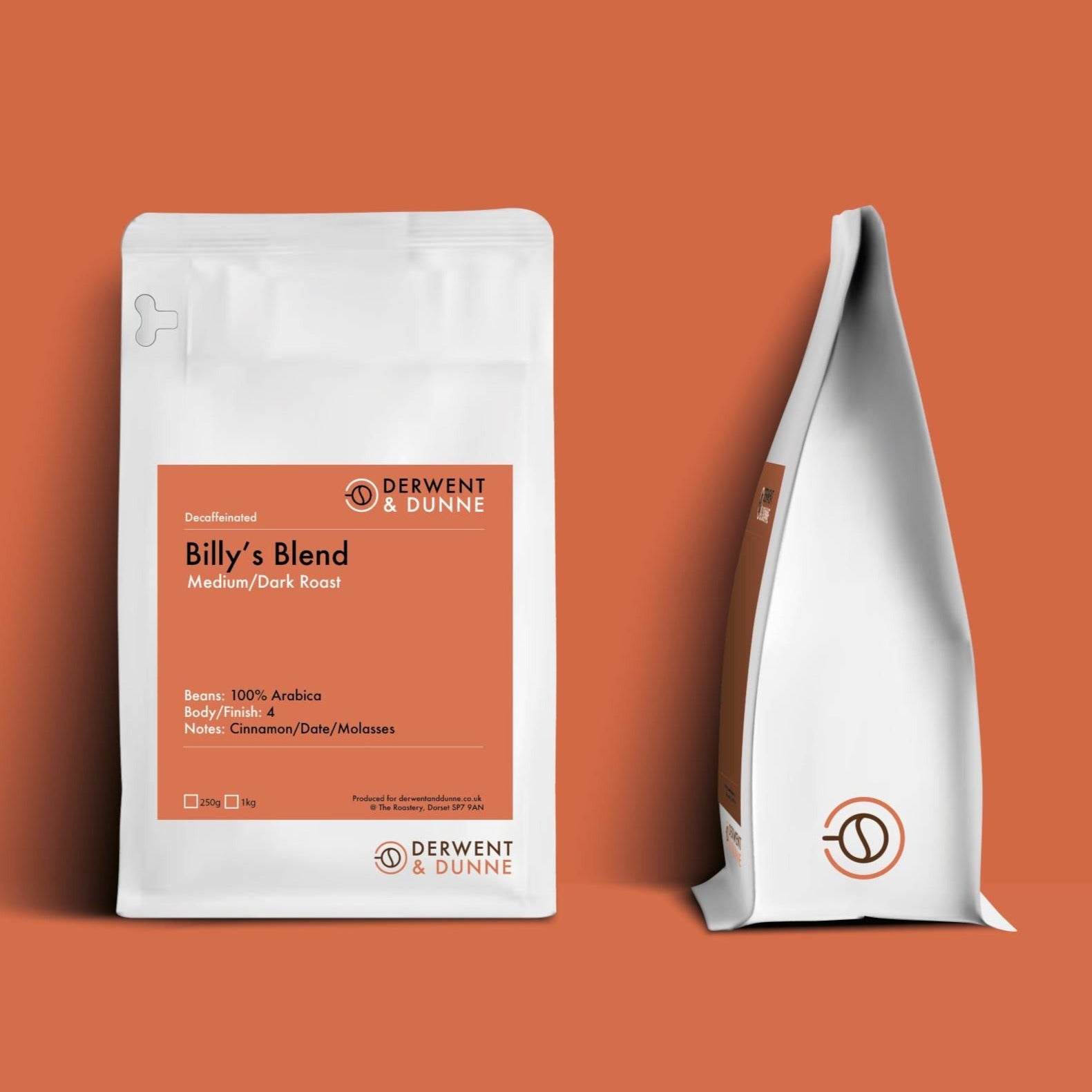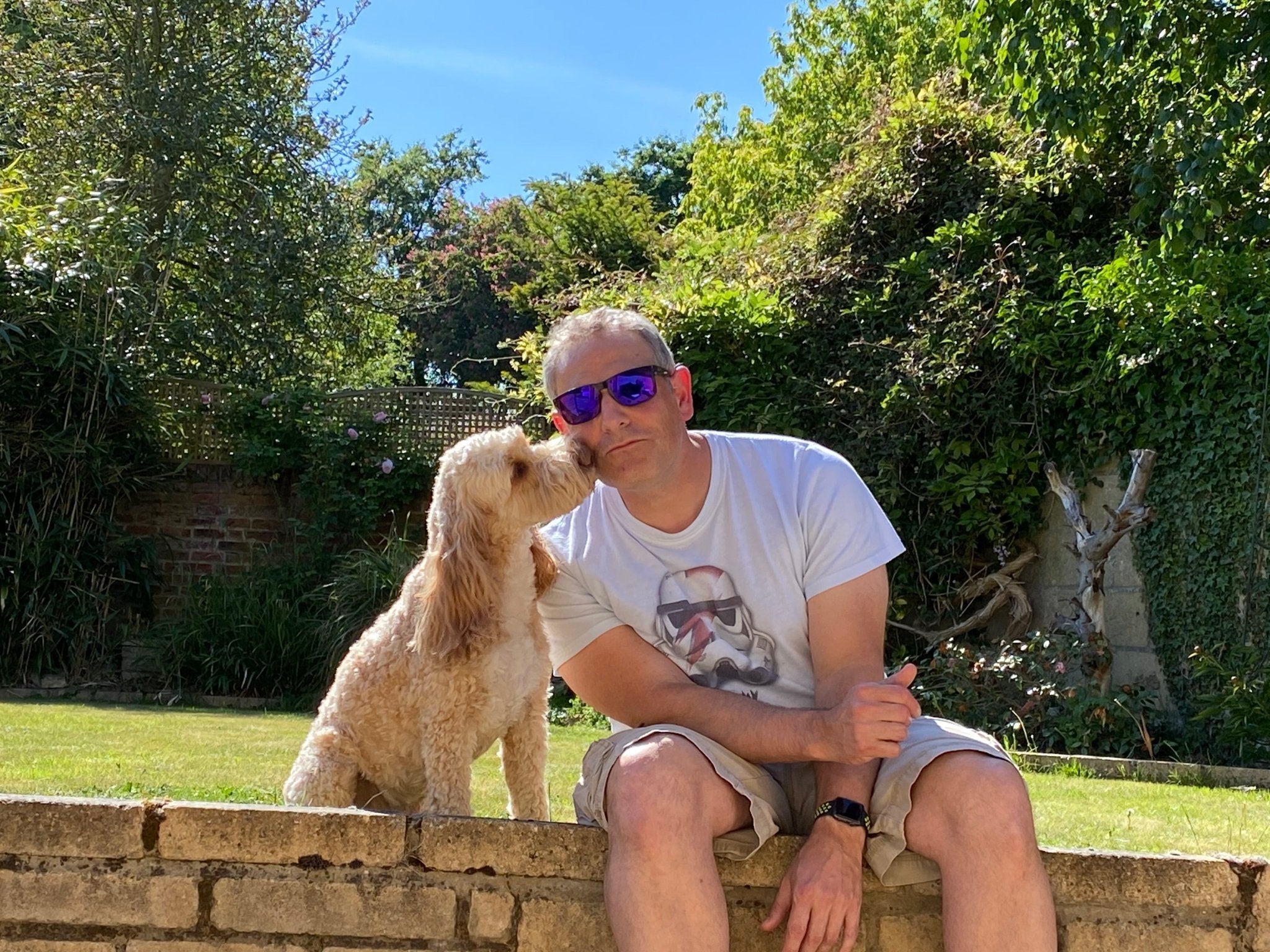SIZE IS THE KEY (AT LEAST IT IS FOR GRIND)
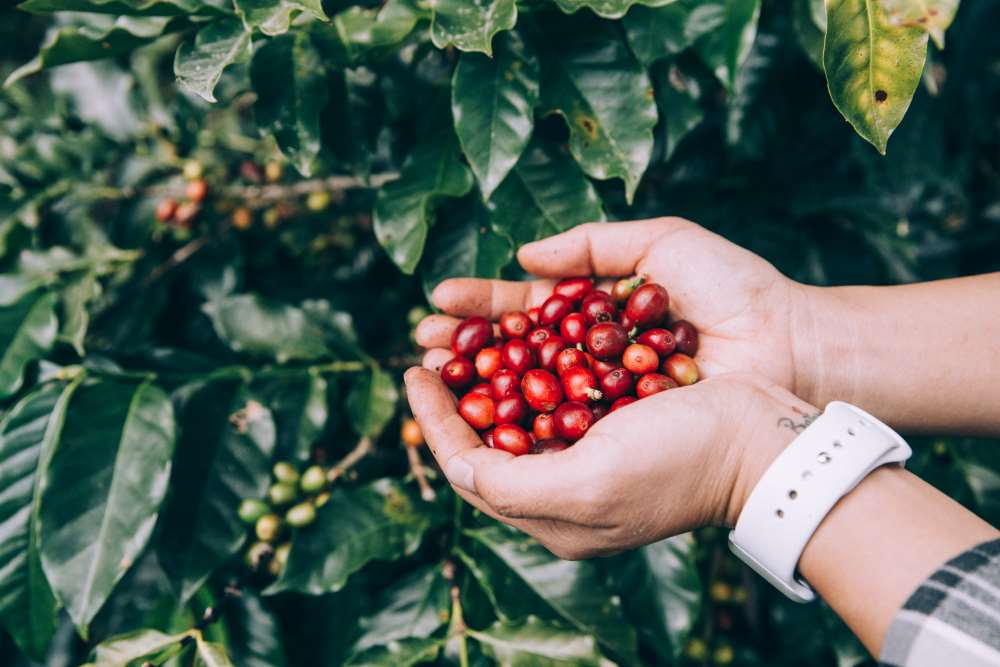
Ever wondered what sets apart a rich, aromatic cup of coffee from a lacklustre brew that barely registers on your taste buds? The secret might just lie in the size of your coffee grounds. Forget about personal preferences; we're delving into the science behind grind sizes and how they impact the perfect cup of coffee.
Understanding the Impact of Grind Size
The size of your coffee grounds is not merely a matter of taste; it plays a crucial role in achieving the perfect brew. The grind size influences both how quickly water extracts flavour from the grounds and the overall brewing duration.
Coarse grounds, characterised by larger particles, enable water to flow freely, extracting flavours slowly. On the flip side, finer grounds, with increased surface area, slow down water flow, resulting in a quicker extraction. Picture it as a conversation between the brewing liquid and the coffee grounds – a longer chat leads to more robust flavours.
Choosing the Right Grind for Your Brew
Different brewing methods call for specific grind sizes:
- Extra Coarse Grind - Ideal for extended brewing methods like cold brew or cowboy blend-style preparation.
- Coarse Grind - Perfect for French press coffee; the larger grinds won't slip through the mesh strainer.
- Medium-Coarse - Versatile for French press, drip coffee, and percolator methods.
- Medium - Used in single-cup and pour-over brewers, as well as syphon and AeroPress with longer brewing times.
- Medium-Fine - Interchangeable with medium, suitable for AeroPress with a shorter brew time.
- Fine - Ideal for AeroPress with a one-minute brew, standard home espresso machines, and Moka pot espresso machines.
- Extra Fine - Reserved for Turkish coffee, creating a unique, flour-like mixture.
Consequences of Incorrect Grind Size
Mixing up grind sizes can lead to brewing disasters:
- Over-Extraction - Over-Extraction is when a fine grind is in a prolonged brewing process (e.g., French press) resulting in a bitter taste. Opt for a shorter brewing method next time to fix this.
- Under-Extraction - Under-Extraction can happen when a coarse grind is in a fast brewing method, leading to a sour cup. Choosing a slower brewing method with coarse grounds will prevent this.
Quick Tips for the Perfect Pour at Home
- Measure, don't pour - Use a scale for consistent taste; volume can throw off your recipe.
- Use Filtered Water - Ensure your water is clean to let the coffee flavours shine.
- Use Fresh Coffee - Consider grinding your own coffee for control and the richest flavour. Keep beans fresh in an airtight container at room temperature.
Up Your Coffee Game with The Right Size Grind
For the freshest and most convenient cup at home, explore coffee from Derwent & Dunne. From Bertie’s Blend to Ralph’s Blend, we’ll have something just right. You can choose between whole bean, filter grind or espresso grind and elevate your coffee game today.

